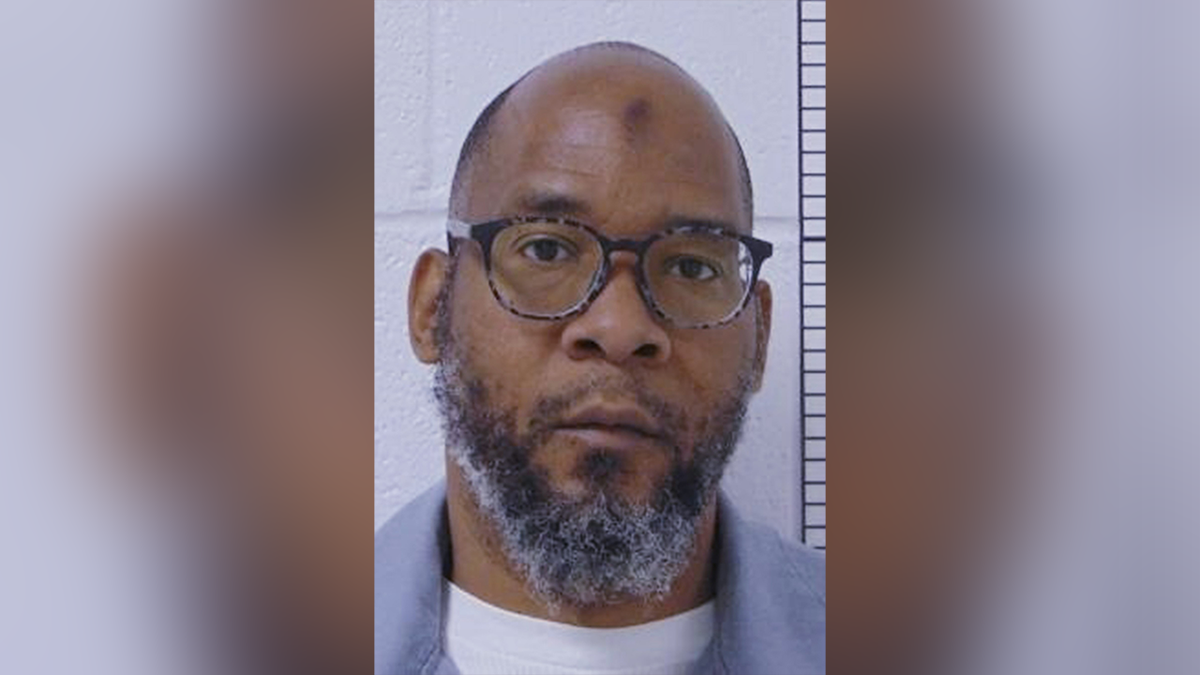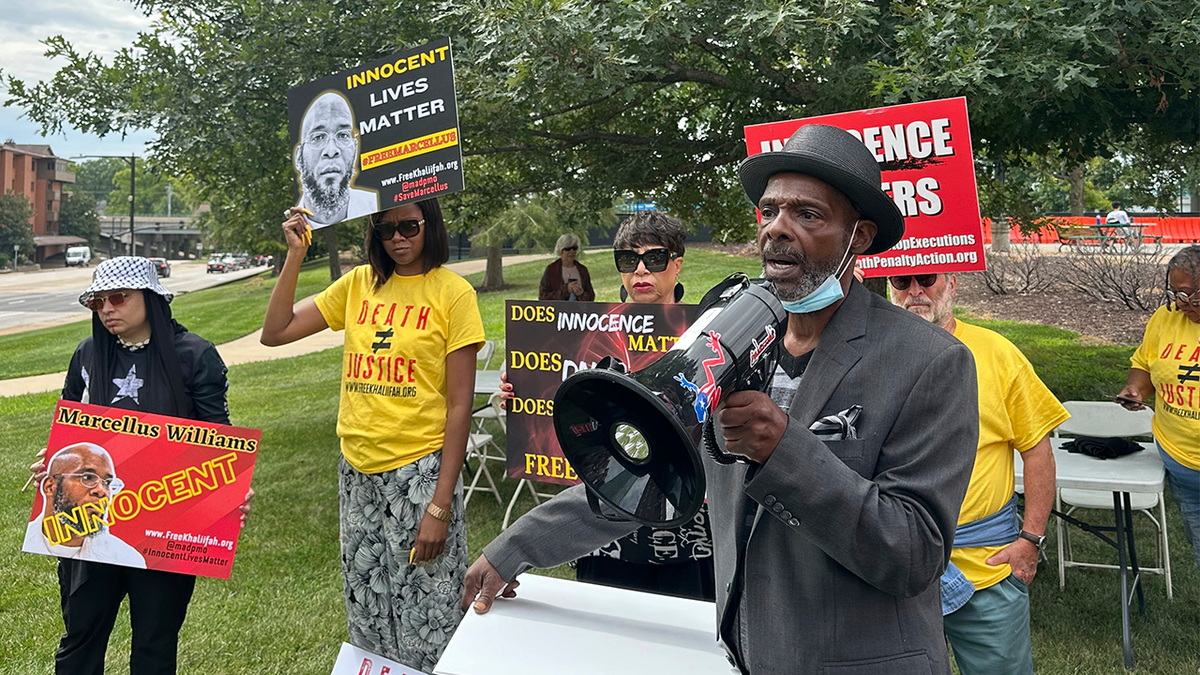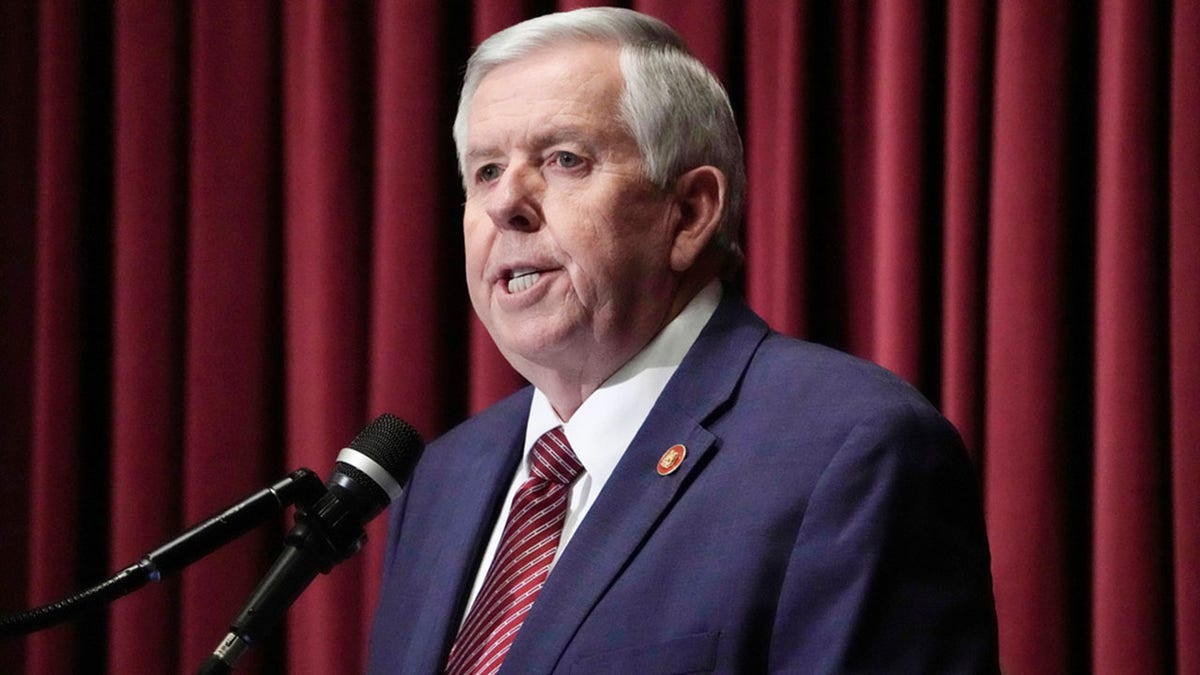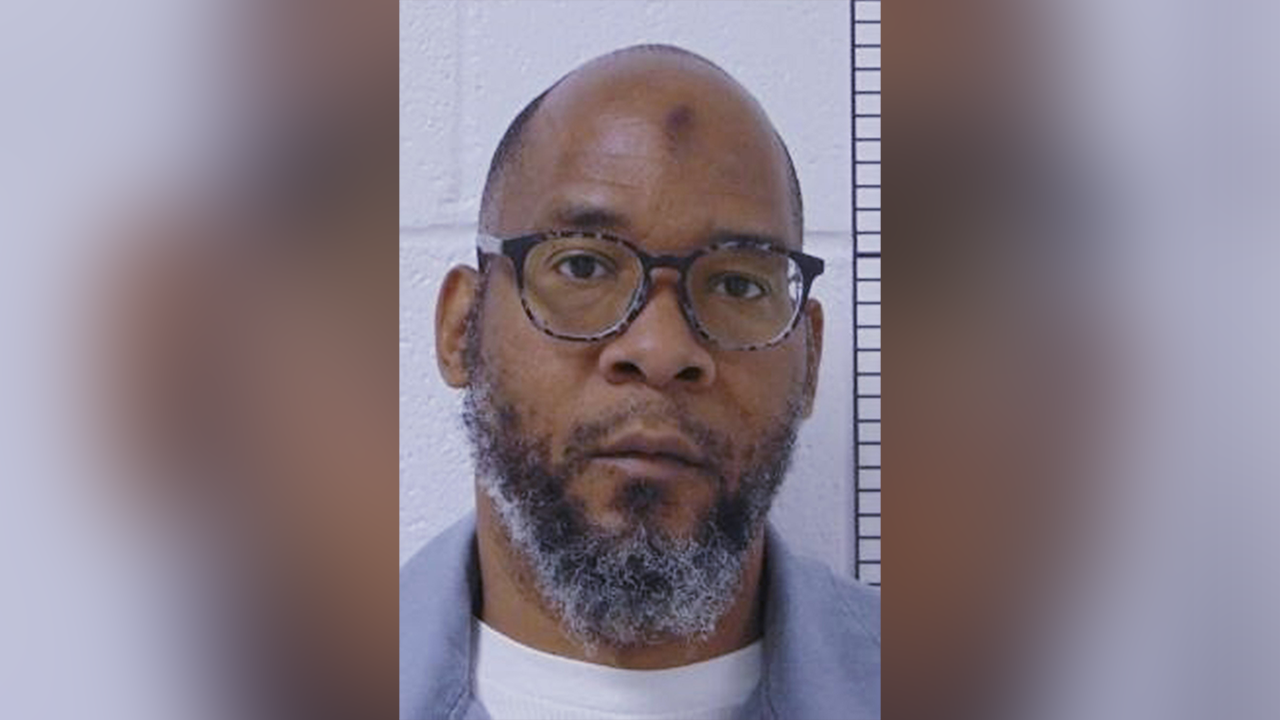Both the Missouri Supreme Court and the state’s Republican governor, Mike Parson, on Monday rejected requests from an inmate seeking to avoid his scheduled execution.
Marcellus Williams, 55, is scheduled to be executed by lethal injection at 6 p.m. Tuesday in the murder of Lisha Gayle, a social worker and former newspaper reporter who was stabbed more than 40 times during a burglary of her St. Louis home in 1998, The Associated Press reported. Williams maintains his innocence.
Parson denied Williams’s request for clemency to spare his life and instead sentence him to life in prison. The state Supreme Court also rejected a request to stay the execution to allow a lower court to make a new decision on whether a prosecutor had wrongly excluded a potential black juror due to racial bias.
His attorney argued before the state Supreme Court that there were procedural errors in jury selection and that the prosecution had improperly handled the murder weapon. In a unanimous decision, the court upheld a lower court ruling that had rejected Williams’ claims.
SOUTH CAROLINA INMATE DIES BY LETHAL INJECTION; STATE’S 13-YEAR EXECUTION BREAK ENDS

Marcellus Williams, 55, is scheduled to be executed by lethal injection at 6 p.m. on Tuesday. (Missouri Department of Corrections via AP)
“Despite nearly a quarter century of ongoing litigation in state and federal courts, there is no credible evidence of actual innocence or proof of constitutional error that undermines confidence in the original verdict,” Judge Zel Fischer wrote in the state’s decision.
Williams’ lawyers have also filed an appeal with the U.S. Supreme Court, but the appeal is still pending.
Parson said Williams’ lawyers had ample opportunity to prove their client’s innocence. The governor also claimed Williams’ lawyers tried to “dilute the DNA evidence situation” by making allegations that the courts had already rejected.
“None of the actual facts of this case have led me to believe in Mr. Williams’ innocence,” Parson said in a statement. “Therefore, Mr. Williams’ punishment will be carried out as ordered by the Supreme Court.”
The governor has never granted clemency in a death penalty case.
St. Louis County District Attorney Wesley Bell has sought to overturn Williams’ conviction because of doubts about his guilt. Bell plans to appeal the Missouri Supreme Court’s ruling to the U.S. Supreme Court, his spokesman told the Associated Press.
“Even for those who oppose the death penalty, irreversible execution should not be an option when there is even the slightest doubt about a defendant’s guilt,” Bell said in a statement.
Tricia Bushnell, attorney for the Midwest Innocence Project, said, “Missouri is on the verge of executing an innocent man, an outcome that calls into question the legitimacy of the entire criminal justice system.”
During Williams’ original trial, prosecutors alleged that he broke into Gayle’s home on August 11, 1998, heard water running in the shower, found a large butcher knife and stabbed her 43 times as she came down the stairs. Gayle’s purse and her husband’s laptop were stolen from the home.
Bipartisan group of Texas lawmakers calls for halting execution of convicted murderer: ‘serious doubts’

Joseph Amrine, who was rehabilitated two decades ago after years on death row, speaks at a rally in support of death row inmate Marcellus Williams in Clayton, Missouri, on August 21, 2024. (AP)
Williams was accused of stealing a jacket to hide blood on his shirt. Williams’ girlfriend asked him why he would wear a jacket on a hot day, and she said she later noticed the purse and laptop in his car. Williams sold the computer a day or two later, his girlfriend said.
Prosecutors also pointed to testimony from Henry Cole, who shared a cell with Williams in 1999 when he was behind bars on other charges. Cole said Williams confessed to the murder and provided details about it.
Williams’ execution would be the third Missouri has carried out this year and the 100th since the state resumed executions in 1989.
This would be the third time that Williams was close to being executed.
In January 2015, he was scheduled to be executed in less than a week when the state Supreme Court canceled the execution to give his lawyers time to conduct additional DNA testing.
Williams was just hours away from execution in August 2017 when then-Republican Gov. Eric Greitens granted a stay and appointed a panel of retired judges to investigate the case, but the panel never reached a conclusion. in the case.
Concerns about the DNA evidence also led Bell to call for a hearing to challenge Williams’ guilt. But days before the Aug. 21 hearing, new tests revealed that the DNA on the knife came from prosecutors’ employees who handled it without gloves after initial tests.

Missouri Governor Mike Parson delivers the State of the State address in Jefferson City, Missouri on January 18, 2023. (AP Photo/Jeff Roberson)
CLICK HERE TO GET THE FOX NEWS APP
Because there was no DNA evidence pointing to another suspect, attorneys with the Midwest Innocence Project reached a compromise with prosecutors: In exchange for a reduction in his sentence to life without parole, Williams would enter a new plea and plead guilty to first-degree murder.
Judge Bruce Hilton and Gayle’s family signed the deal, but at the request of Missouri’s Republican Attorney General Andrew Bailey, the state Supreme Court blocked the agreement and ordered Hilton to face an evidentiary hearing, which took place on August 28.
The prosecutor in the 2001 murder case argued at the hearing that the jury was fair despite having only one black juror. The prosecutor said he excluded a potential black juror in part because he looked too much like Williams, which Williams’ lawyers said showed inappropriate racial bias.
Hilton ruled earlier this month that the first-degree murder conviction and death sentence would stand, stressing that Williams’ arguments had all previously been rejected. That ruling was upheld by the state Supreme Court on Monday.
The Associated Press contributed to this report.

